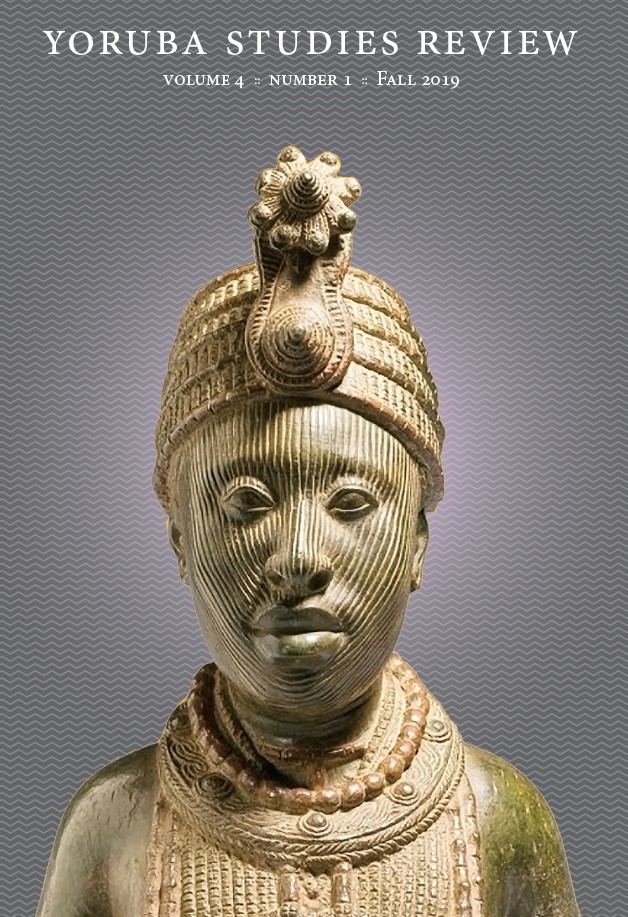Abstract
This study examines how wifehood is discursively practiced in Yorùbá traditional polygamous marriage system as portrayed in Ola Rotimi’s Our Husband Has Gone Mad Again. Purposively, excerpts involving the three wives of the major character, Lejoka Brown were basically sampled from the text. Through the instrumentality of politeness and impoliteness theories the study has unpacked the negotiation of responsibilities among wives in discharging their wifehood, where language is discursively used politely and impolitely based on the display of native competence and incompetence of the personalities involved. The study unveils hatred, unverified assumption, ignorance, anger and misconception as emergent factors that usually birth rivalry in wifehood negotiation of position that characterized impoliteness and family dysfunction in the rich verbal sociocultural setting. The study underscores the peaceful coexistence of wifehood within family discourse as a contribution to solving unhealthy marital issues characterized by linguistic politeness and impoliteness that pervade the contemporary society.

This work is licensed under a Creative Commons Attribution-NonCommercial 4.0 International License.
